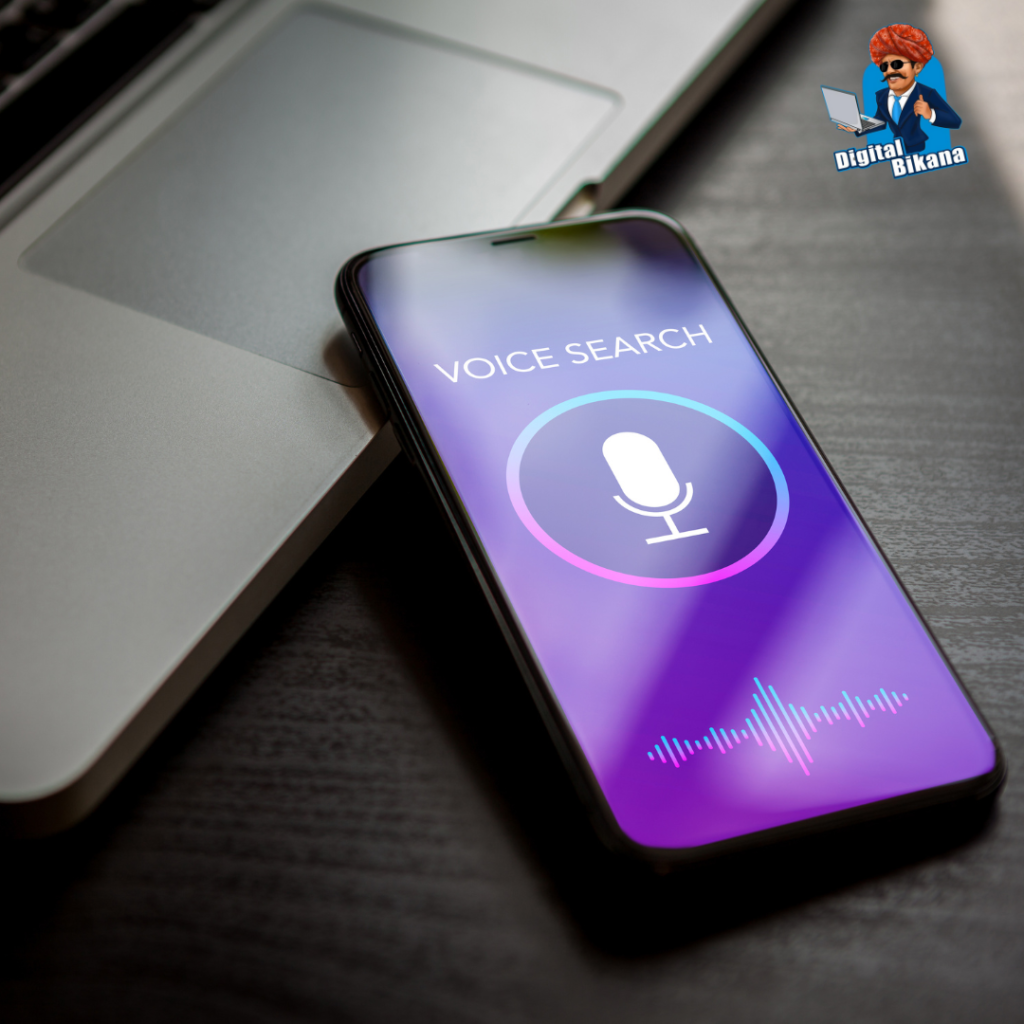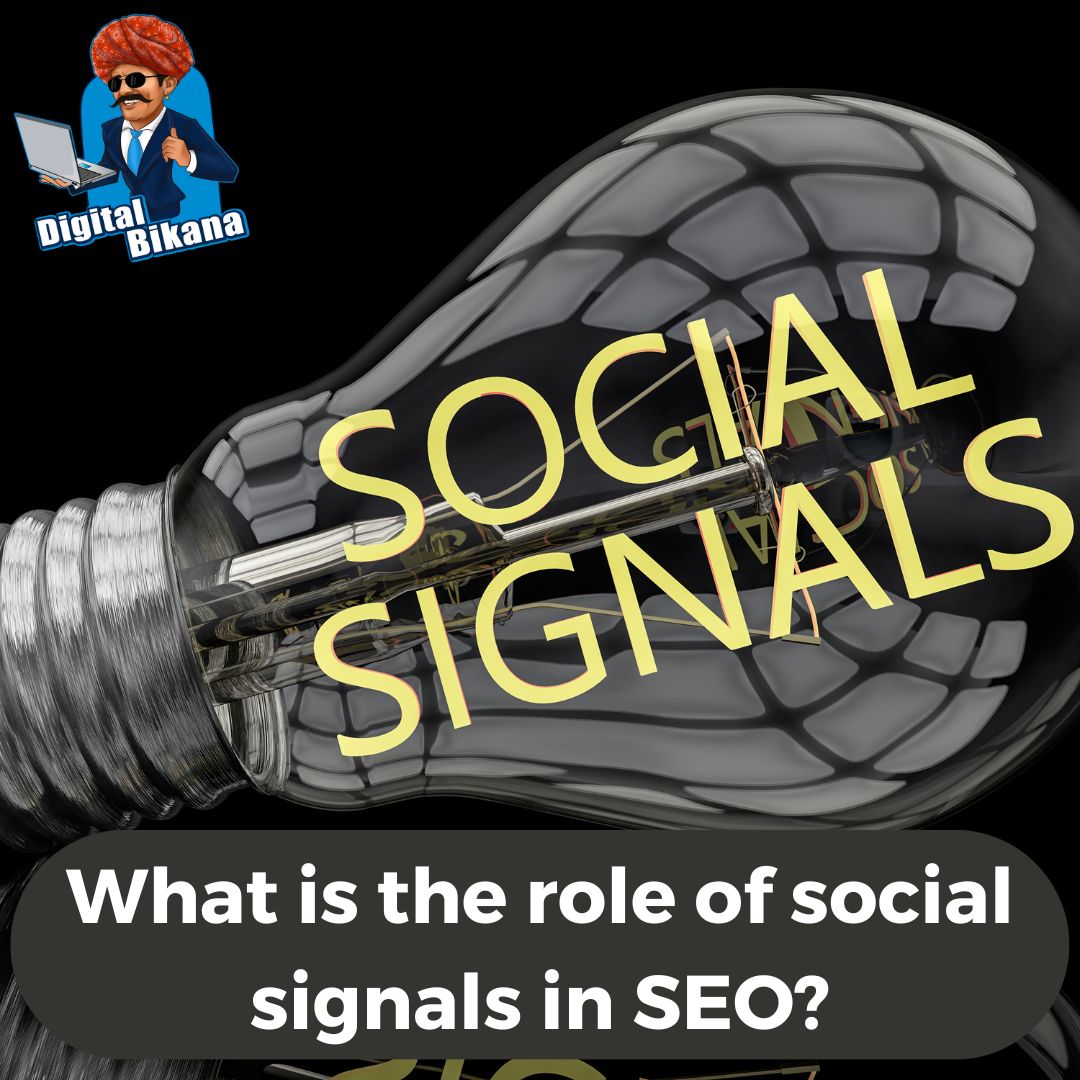What is the Role of Social Signals in SEO?
In this article wwe are going to talk about What is the role of social signals in SEO? In the ever-evolving landscape of search engine optimization (SEO), numerous factors contribute to the visibility and ranking of websites. While traditional SEO techniques such as keyword optimization and backlink building remain important, social signals have emerged as a crucial element in determining a website’s online presence.
What is the Role of Social Signals in SEO?
In this article, we will explore the role of social signals in SEO and understand how they impact search engine rankings.
Understanding Social Signals
Social signals refer to the metrics and activities generated through social media platforms, including likes, shares, comments, and overall engagement. These signals indicate the level of user interaction and interest in a particular piece of content. Search engines like Google and Bing have started considering social signals as a measure of a website’s authority and popularity.
a. Social Signals as an Indication of Quality Content
One of the primary reasons search engines consider social signals is their correlation with the quality of content. When users find value in a piece of content, they are more likely to engage with it by sharing, liking, or commenting. As social signals accumulate, search engines interpret them as a validation of the content’s relevance and usefulness. Consequently, websites with high social engagement tend to rank higher in search engine results pages (SERPs).
Read Also: How can you Optimize Images for better SEO?
b. Social Signals and Brand Awareness
Social signals also play a significant role in building brand awareness. When users engage with a brand’s content on social media platforms, they indirectly contribute to the brand’s visibility and reach. Increased brand exposure leads to improved recognition and credibility, which can positively impact search engine rankings. Search engines perceive brands with strong social signals as more authoritative and trustworthy, consequently rewarding them with higher rankings.

c. Social Signals and Link Building
Link building has been an integral and fundamental element of SEO for a considerable period of time. Social signals can complement traditional link-building efforts by generating natural backlinks. When content receives significant engagement on social media, it is likely to attract attention from other website owners and influencers, who may link to it in their own content. These organic backlinks, driven by social signals, indicate to search engines that the content is valuable and worth referencing, thus contributing to improved rankings.
Read Also: What is the Significance of Internal Linking in SEO?
d. Social Signals and Search Engine Indexing
Search engines rely on their crawlers or bots to index websites and their respective content. Social signals can help accelerate this process. When search engine crawlers encounter links to a website’s content on social media platforms, they can quickly discover and index the content. This is particularly advantageous for new websites or fresh content that may not have gained significant visibility through traditional SEO methods.
Read Also: What is the Importance of Site Speed in SEO?
e. Social Signals and Click-Through Rates (CTR)
Click-through rate (CTR) is a metric that measures the percentage of users who click on a website’s link in the search results after seeing it. Social signals can indirectly influence CTR. When a website has strong social signals, such as a high number of shares or positive comments, it tends to attract attention and generate curiosity among users. As a result, when the website appears in the search results, users are more likely to click on it, increasing its CTR. Search engines consider a high CTR as an indication of relevancy, leading to improved rankings.
f. Social Signals and Local SEO
For businesses with a local focus, social signals are particularly valuable. Local businesses can leverage platforms like Facebook, Instagram, and Yelp to interact with their target audience and generate positive social signals. Reviews, ratings, and check-ins on these platforms can significantly influence local SEO rankings. Search engines consider social signals from local users as indicators of a business’s credibility and popularity within its geographical area.
You can also checkout this digital marketing institute to learn digital marketing course by enrolling in our course Or Contact Digital Bikana on +91-8949483728
g. Social Signals and Personalized Search
In recent years, search engines have been striving to provide personalized search results based on individual user preferences. Social signals play a vital role in this aspect of SEO. When users engage with content shared by their social connections or follow certain brands or influencers on social media, search engines take note of these preferences. Consequently, search results are customized to align with users’ interests, and websites with strong social signals in users’ networks are given higher visibility.

Conclusion:
As the digital landscape continues to evolve, the role of social signals in SEO has become increasingly significant. Social signals provide search engines with valuable insights into the quality, relevance, and popularity of content. By engaging users, building brand awareness, facilitating link building, expediting search engine indexing, influencing CTR, boosting local SEO, and enabling personalized search, social signals contribute to enhanced online visibility and improved search engine rankings. To maximize the impact of social signals on SEO, businesses and website owners should focus on creating high-quality, shareable content and fostering active engagement on social media platforms. So, Now I hope you have understood about What is the Role of Social Signals in SEO?

